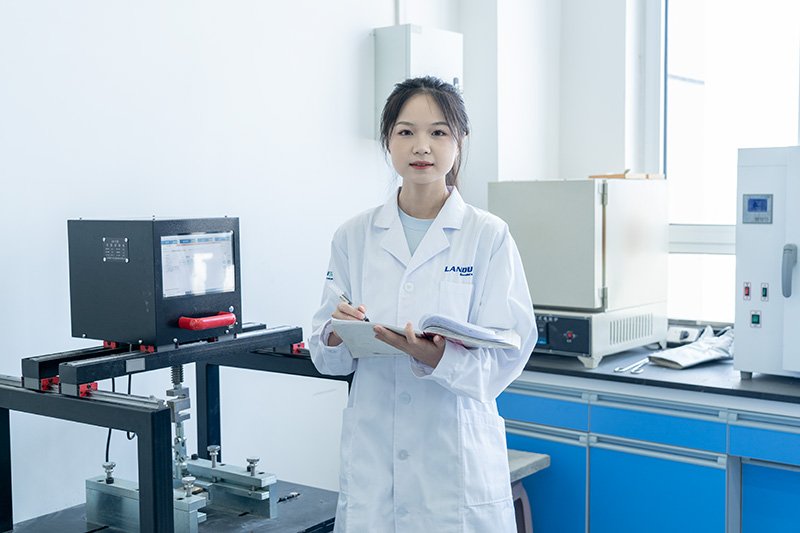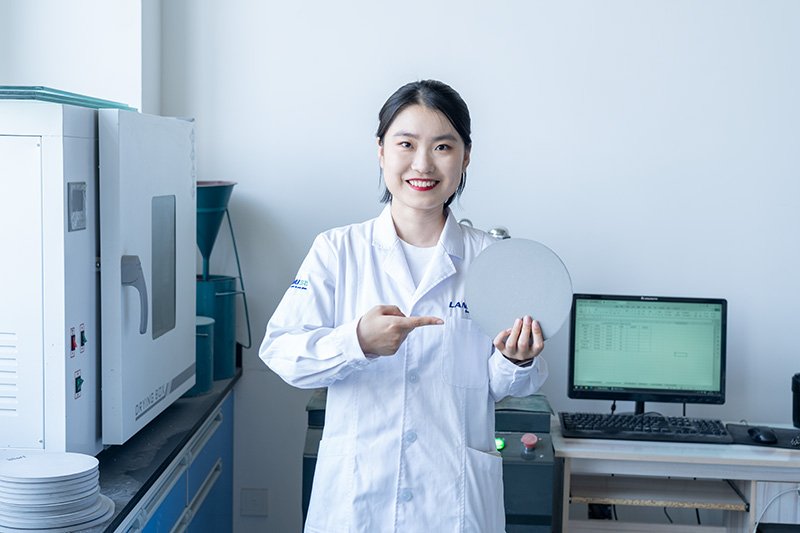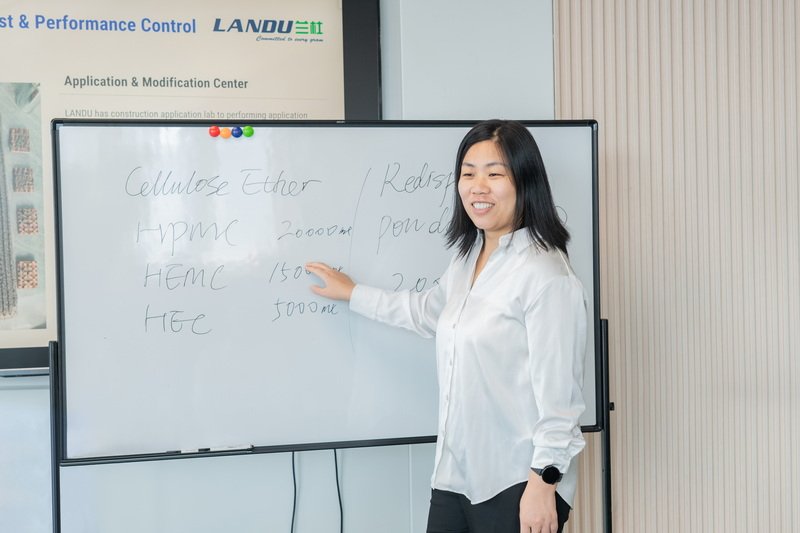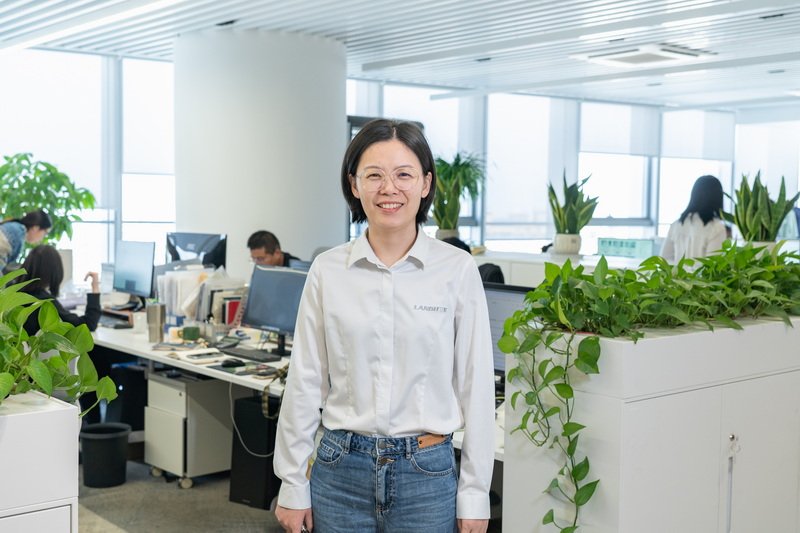Our products boast low climate footprints and superior environmental performance across most categories.
At LANDU, our success is built upon strong partnerships across the entire value chain. We believe that creating lasting impact means going beyond transactional relationships and instead nurturing meaningful, long-term collaborations with both customers and stakeholders. This allows us to fully understand their needs, challenges, and aspirations — enabling us to co-create solutions that drive authentic sustainable innovation.


Our commitment is not simply to comply with existing environmental laws and regulations; rather, it is to consistently exceed those requirements and establish new benchmarks for our industry. By proactively identifying trends, investing in advanced technologies, and integrating responsible practices into every operational stage, we aim to not only safeguard the planet but also consistently surpass customer expectations for quality, safety, and environmental integrity. This strategic approach positions LANDU as a forward-thinking leader, setting higher standards for what is possible in both performance and sustainability.
A cornerstone of our innovation strategy is the development of cellulosics and their derivatives sourced from renewable natural raw materials, primarily cotton pulp and sustainably managed wood pulp. These materials have wide-ranging applications — from energy-efficient building materials that optimize insulation and reduce heating and cooling requirements, to healthier food ingredients that enhance nutritional value and safety, and advanced medicinal delivery systems that improve therapeutic effectiveness and patient outcomes.


In fact, most products containing cellulosics contribute in some way to improving the daily lives of billions of people around the world. They represent a powerful intersection of science, nature, and sustainability, providing industries with renewable, high-performance alternatives to synthetic or petroleum-based materials.
As part of our wider company development plan, we adopt a responsible and balanced growth strategy. Central to this is an unwavering adherence to stringent standards — not only in product quality but also in environmental protection, occupational health and safety, and production-related environmental safeguards. These principles form the backbone of our operations and inform our investments in sustainable production systems.
Another pillar of LANDU's strategy is the pursuit of emerging markets undergoing rapid transformation in sustainable development. We actively identify regions and industries where the demand for eco-friendly solutions is accelerating, positioning our portfolio of renewable products to meet these future needs. By entering these markets early, we create opportunities to scale our innovations while supporting customers in achieving their sustainability objectives.
To reinforce our commitment to environmental protection, we have implemented Mechanical Vapor Recompression (MVR) treatments to achieve zero waste emissions — a milestone that also helps us maintain full ISO 14000 environmental management compliance.



One of the technologies at the heart of our zero-discharge initiative is Mechanical Vapor Recompression (MVR), an advanced and energy-efficient evaporation process. In MVR systems, the secondary steam generated by the evaporator is captured and compressed using a steam compressor. Once compressed, the steam is returned to the evaporation system, maintaining the cycle and eliminating the need to release it into the atmosphere.
This closed-loop process significantly reduces resource consumption: it requires only a small amount of initial steam to preheat materials and achieves fresh steam savings of over 60–80%, along with cooling water savings above 90% when compared to traditional evaporators. The result is a substantial reduction in both water and energy usage, making MVR one of the most advanced solutions for sustainable evaporation operations.
Operationally, the benefits are equally impressive. MVR technology decreases running costs by 40–80% compared to traditional multi-effect evaporators, thanks to its ability to repurpose steam that would otherwise be discarded. By recovering the latent heat of vaporization, MVR greatly improves thermal efficiency while minimizing waste. Additionally, because the system relies primarily on electricity rather than fresh steam input, it allows for greater control over operational expenses while lowering greenhouse gas emissions linked to steam generation.
Another advantage of MVR is its ability to operate at low temperatures, which is critical for heat-sensitive materials, helping preserve product integrity and quality. In designing MVR evaporators, selecting the correct steam compressor plays a pivotal role in overall efficiency. Centrifugal compressors are often preferred for their versatility and higher temperature rise capability — a single stage can achieve up to a 24°C increase — making them suitable for larger, more variable loads. Roots compressors, on the other hand, are well-suited to smaller-scale evaporation processes with lower capacity requirements.
By integrating MVR into our operations, LANDU demonstrates how advanced industrial technology can help reconcile economic efficiency with environmental responsibility, achieving measurable progress toward our long-term net-zero ambitions.